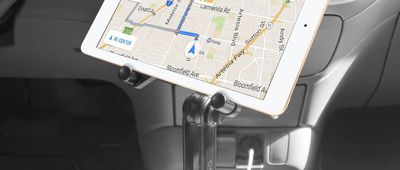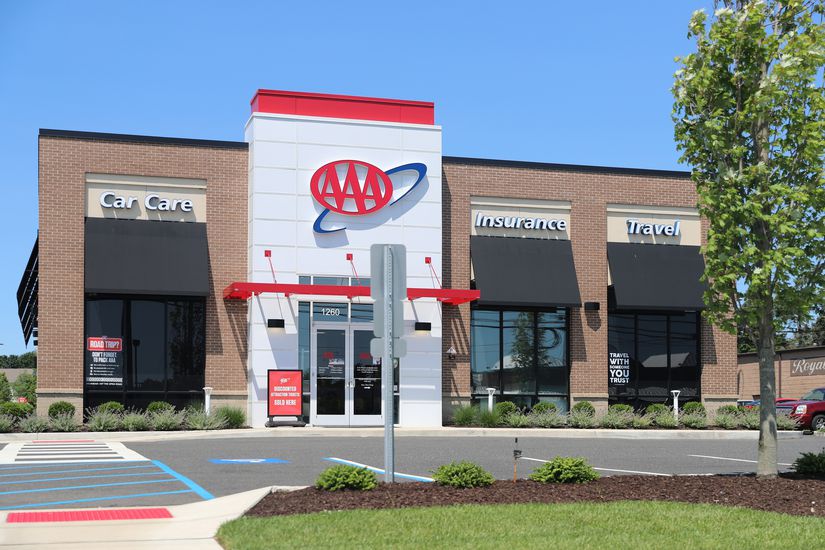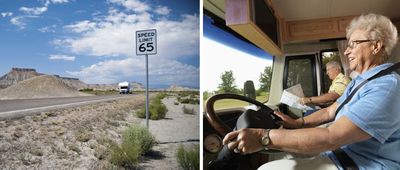More Adventure, Less Money
RVs aren't cheap to buy and they're pricey to maintain, but that doesn't mean you can't afford a life of leisure and adventure on the road. The key is to save money in ways big and small wherever you can. Here are some tips, tricks, and strategies from experts who have learned from real-world experience in their campers, trailers, fifth wheels, and motorhomes. Do you have more advice to pass along? Tell us in the comments.





















